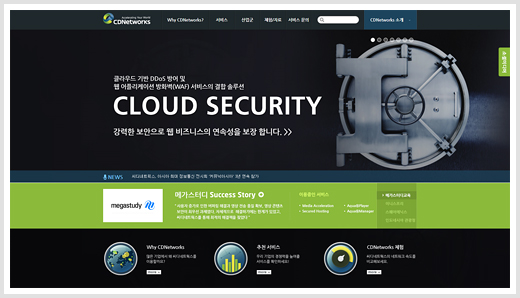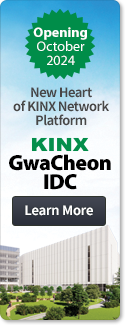CDNetworks
Service
Connectivity, IX Peering, Transit
SectorIT·IC
CDNetworks, a CDN service provider, diversified the business operators through KINX’s network and connected caching nodes across the shortest distances possible for effective traffic management.
#costreduction #reliableserviceoperation #안정적인서비스운영

Introduction

Global CDN Operator with History and Tradition
CDNetworks began its business as the first CDN operator in Korea in 2000 and has been achieving steady growth ever since. In 2011, it received strategic investment from KDDI, a global telecommunications company recording annual sales of KRW 50 trillion, and gained robust financial health, based on which it launched its IT services in Korea. It has also been achieving extraordinary success in the global market as well.
Background

Seeking Measures for Effective Traffic Exchange Among Multiple Caching Nodes
CDNetworks, a global CDN service provider with over 200 PoPs worldwide, needed to effectively exchange traffic among multiple caching nodes, but connecting the nodes in the conventional way would be very costly. Thus, the company sought a more cost-efficient way to connect the caching nodes effectively for the purpose of providing reliable services.
What did KINX do?

Proposing Local Peering, DCI and Transit
We proposed local peering, data center interconnection (DCI, based on leasing a dedicated line), and transit to connect the various caching nodes.
Local peering, a service that is solely offered by KINX in Korea, enables mutual exchanges of traffic on a settlement-free basis with some 40 peering members including major ISPs, SOs, and CPs in Korea based on an 895G peering network. This helps not only improve the Internet quality but also reduce the connection cost. At present, 3 million people, accounting for approximately 17% of all Internet subscribers in Korea, access the Internet via KINX.
The Data Center Interconnection (DCI) service, on the other hand, involves the use of dedicated Internet lines for enterprises that directly connect the L3 switch with the company’s data center network using Metro Ethernet technology. KINX presents advantages in that a dedicated line optimized for the company’s infrastructure environment can be selected out of the dedicated lines of various carriers.
As for the transit service, it enables interconnection with various domestic and global carriersof the company’s choice. This allows the company to optimize routing path and procure from multiple operators.
View Details about ‘IX Peering – Local Peering’
View Details about ‘Conectivity – Data Center Interconnection’
Effect

Reliable Services Made Possible by Effective Connection Among Multiple Caching Notes
By using our local peering service, Metro Connect and transit service, CDNetworks was able to establish a stable network through effective connections among multiple caching nodes and even cut costs by lowering the use of transit. In addition, by diversifying its interconnected operators, it is now able to deliver data via the shortest route possible.


















